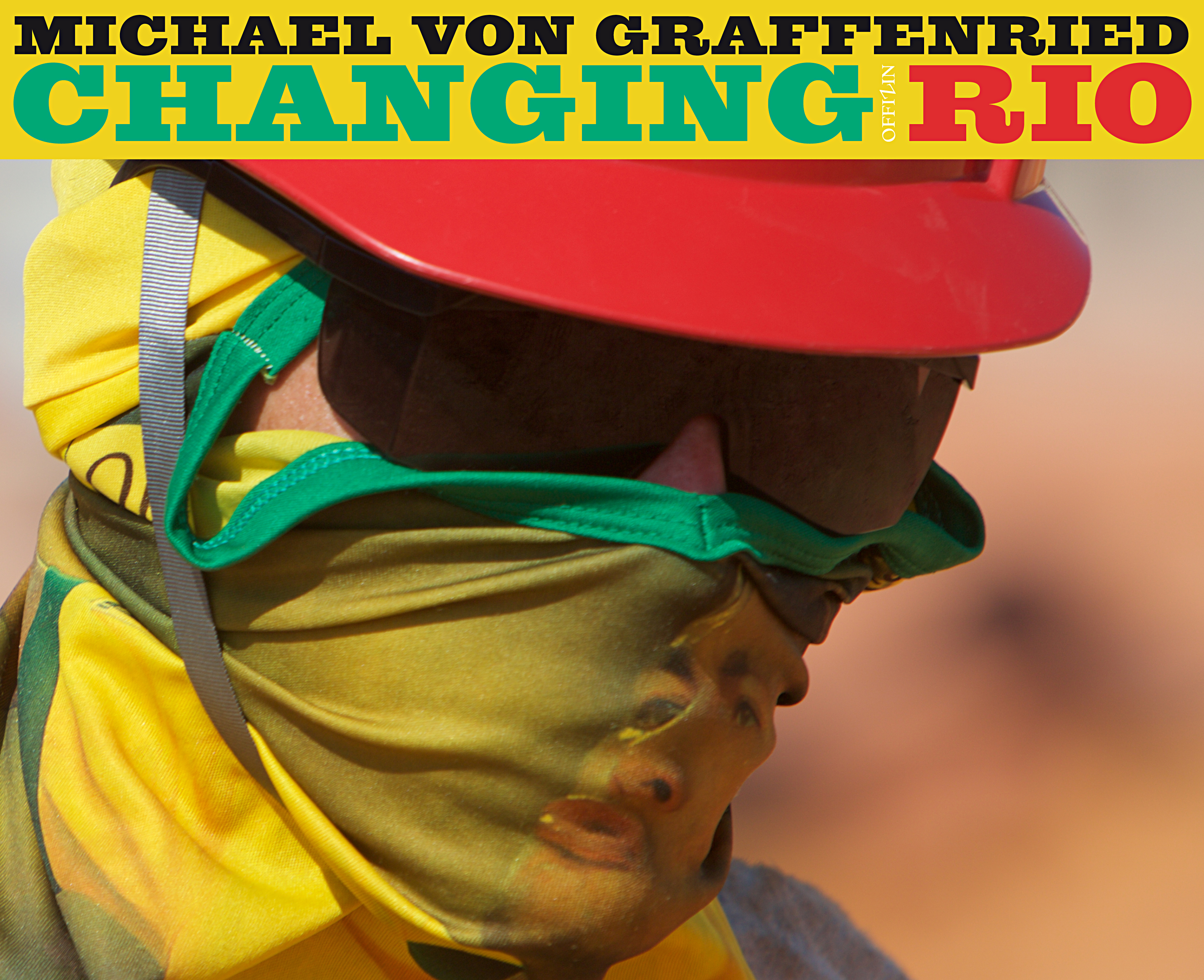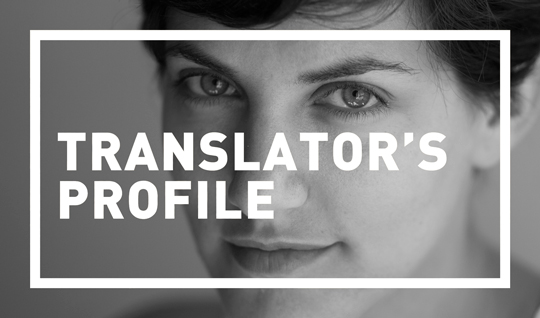Recently, Interview Features Editor Ryan Mihaly spoke via e-mail with Alfred MacAdam, translator of the likes of Fernando Pessoa and Surrealist filmmaker and novelist Alejandro Jodorowsky. For an excerpt from Jodorowsky’s Albina and the Dog-Men, check out this recent installment of Translation Tuesday. This interview is also available in the Asymptote Fortnightly Airmail. Subscribe here.
***
RM: What was it like translating Alejandro Jodorowsky’s Where the Bird Sings Best and Albina and the Dog-Men? Did Jodorowsky’s prose get under your skin? You are an experienced translator and are perhaps more immune to the novel’s effects, but I found Albina‘s dark mythology to be intoxicating. What was it like to translate that?
AM: First, let me say that when Ilan Stavans asked me if I might be interested in translating Jodorowsky, I was dumbfounded. To me he was the crazy filmmaker of the 1970s whose El topo or Fando and Lis knocked me and my friends silly. I had no idea he had metamorphosed into a novelist.
So when Ilan sent me Where the Bird Sings Best I was simply not prepared for what it was. First of all, the Jewish essence of the book, its tracing the circuitous route of Jews who end up in Spanish America, whose religion suffers innumerable modifications along the way, was, I thought, a subject whose time in Spanish American literature had long since come. By which I mean that in the U.S. we take our Jewish writers for granted, that the Bellows, the Malamuds, the Roths (both of them) are simply part of our culture. But where was the “great Jewish novel of the Spanish American world”? READ MORE…




